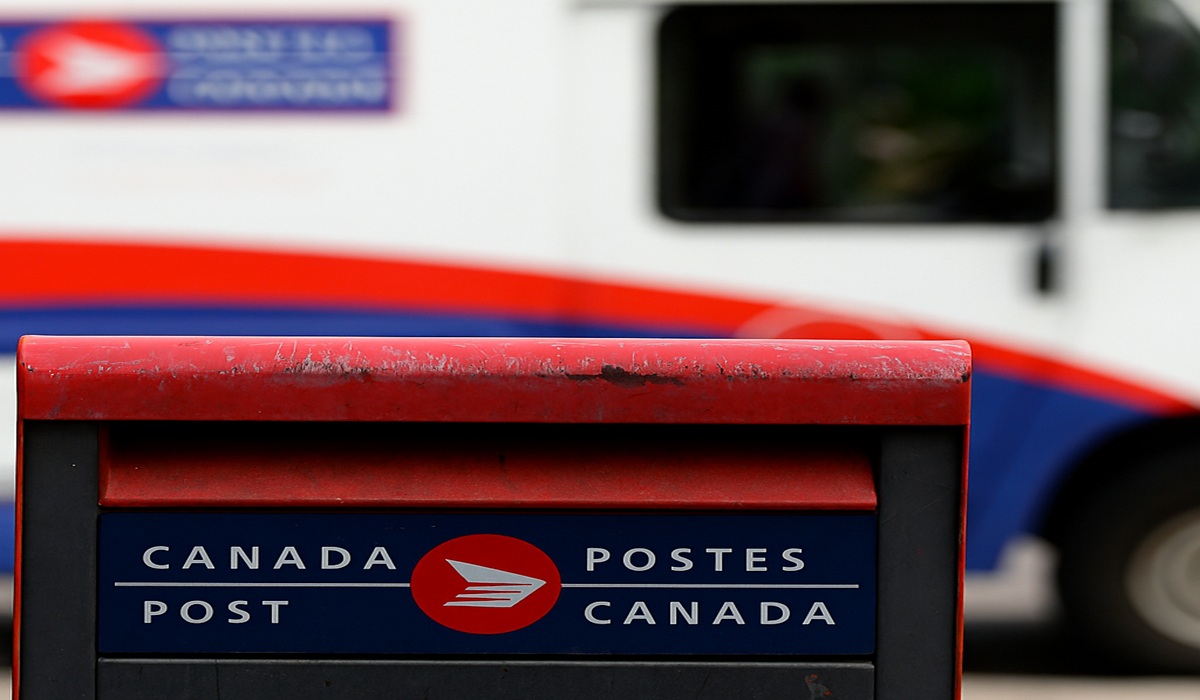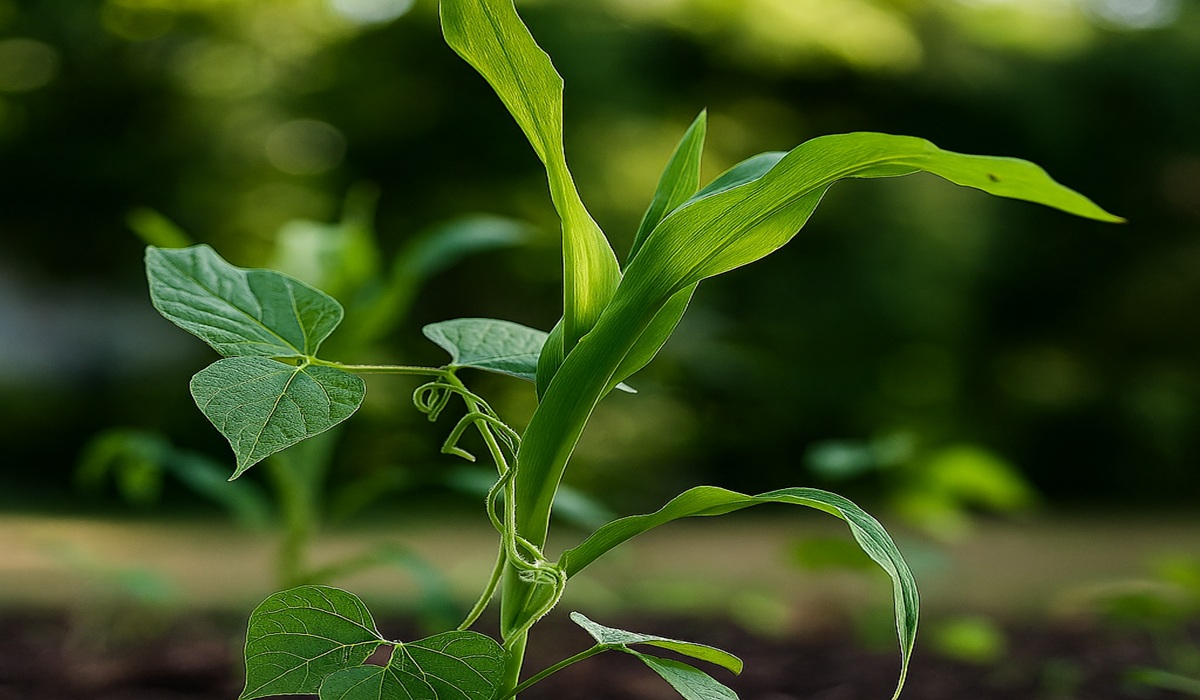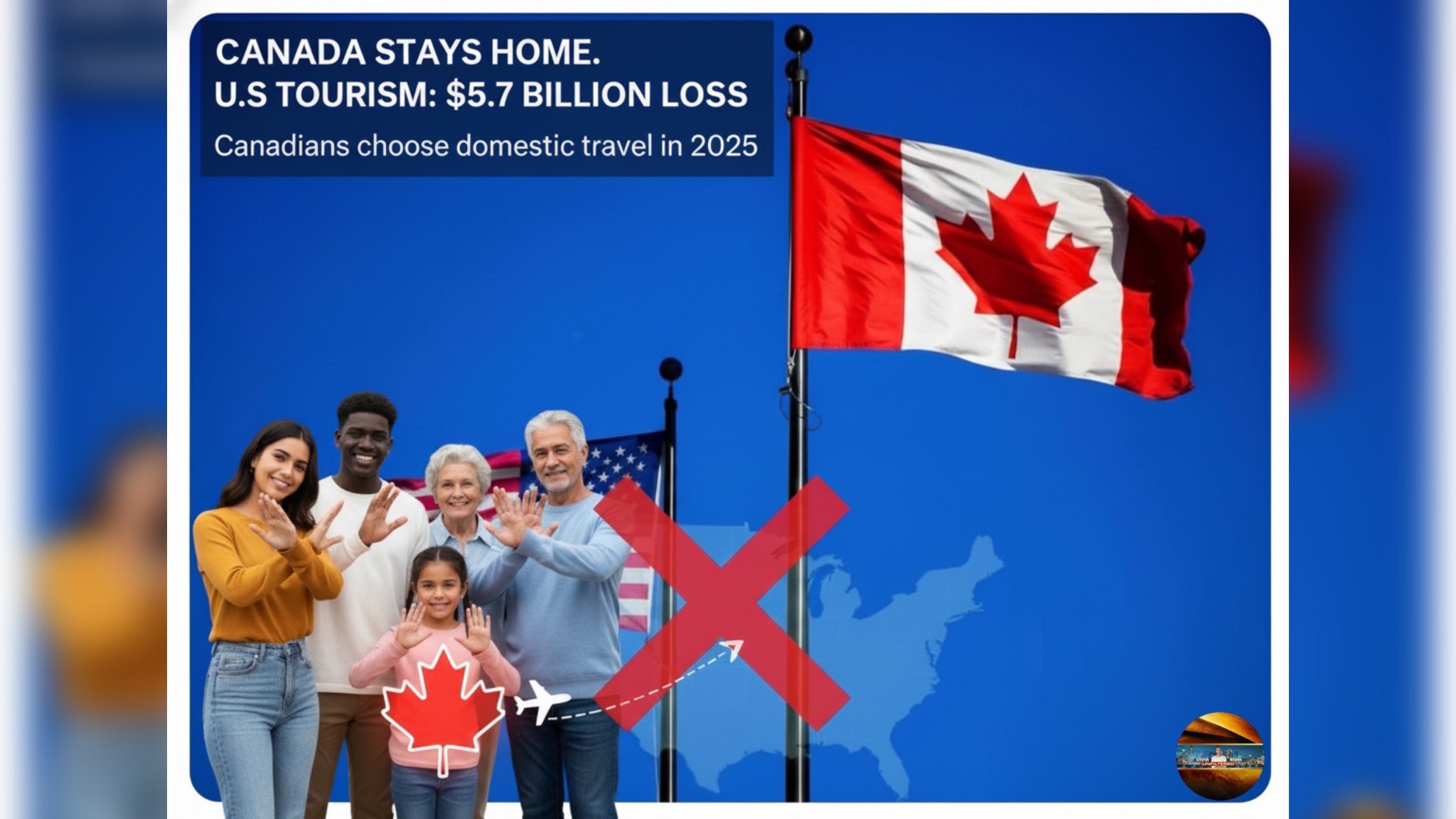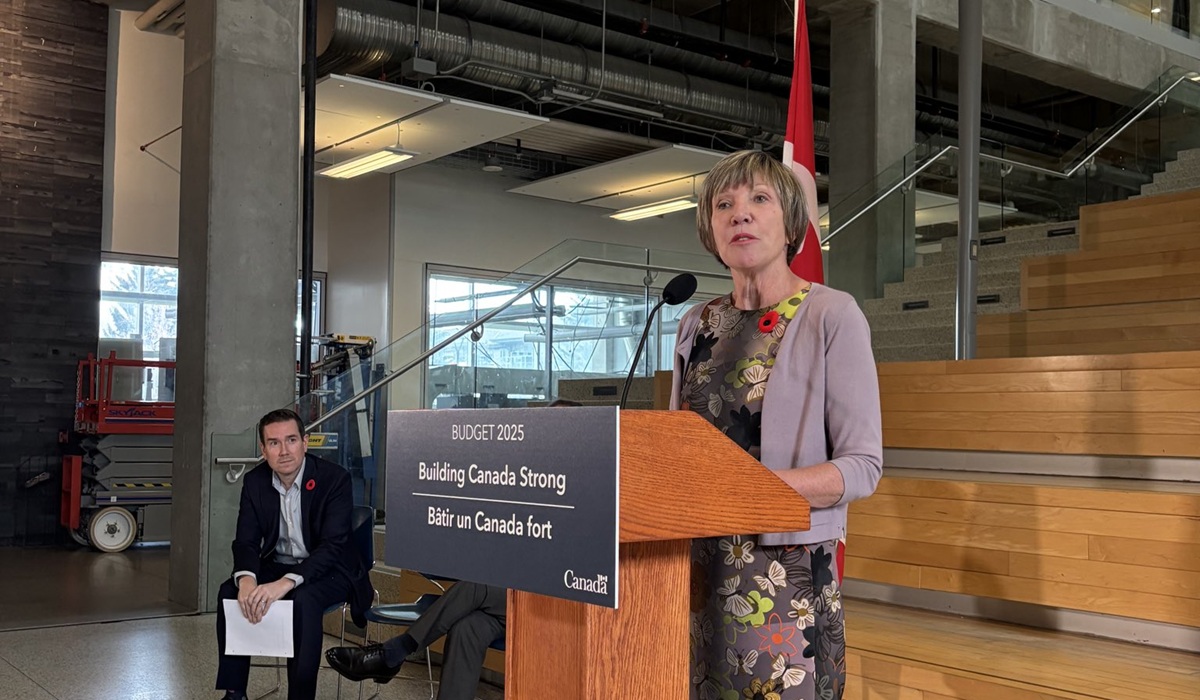Canada Post: A Backbone of Sovereignty We Cannot Afford to Lose
- Anne Thompson
- Canada
- October 1, 2025

Canada Post: A Backbone of Sovereignty We Cannot Afford to Lose
The Waste Is Walking Away From It
By Anne Thompson — Canadian. Mudblood.
I write as one with no traceable ancestry — adopted, complex, and rooted in kinship. I carry many heritages, known and unknown. Whoever you hate is probably part of me.
Canada Post is more than a mail carrier. It is one of the last truly universal public infrastructures in this country — reaching every address, every day, in every season. To dissolve it would be to surrender sovereignty over our own communications, logistics, and community resilience.
The powerful may argue that Canada Post is a financial burden. But the real burden would come from losing it. Without Canada Post, foreign‑owned couriers will dominate. Profits will flow out of the country, and unprofitable communities — especially Indigenous and northern ones — will be abandoned. That is not efficiency. That is economic colonisation.
A Platform Ripe for Renewal
Canada Post can be saved and strengthened, but only if we stop treating it as a failing business and start treating it as a national platform. There are multiple ways forward:
- Postal banking: A proven model worldwide, offering affordable financial services and generating stable revenue.
- Municipal and provincial contracts: Snow clearing at mailbox sites, construction detour communication, and hazard reporting.
- Climate and resilience services: Delivering emergency supplies, checking on vulnerable residents during heat waves or storms, and acting as a backup communication system when digital networks fail.
- E‑commerce logistics: Modernising parcel infrastructure to reclaim market share and guarantee service to rural and northern communities.
- Community partnerships: Working with libraries, health agencies, and Indigenous governments to deliver books, prescriptions, and essential information.
The point is not to choose one single fix. The point is to recognise that Canada Post is a backbone that can support many forms of public good if given the mandate.
Teachings of Interdependence and Renewal
In Haudenosaunee tradition, the Three Sisters — corn, beans, and squash — are planted together. Each supports the others: corn grows tall, giving beans a stalk to climb; beans enrich the soil, feeding the corn; squash spreads along the ground, keeping weeds down and moisture in. Other Indigenous nations across Turtle Island have also adapted this practice. The lesson is clear: strength comes from interdependence.
Canada Post is much the same. It cannot survive on letter mail alone. But with new services, community contracts, and partnerships, it can once again be part of a thriving ecosystem. To pull up one strand is to weaken the whole. To dismantle Canada Post would be to tear apart the garden that sustains us all.
African wisdom also reminds us of the value of transformation and renewal. As the proverb teaches, “When the roots remain, the tree can sprout again.” Canada Post’s roots — its infrastructure, its trusted workers, its universal reach — are still strong. What it needs is not abandonment, but renewal. Another saying counsels, “Waste not the remnants, for they may save you tomorrow.” To waste this platform would be to squander a resource that could be transformed into something even more useful for the generations ahead.

The Human Cost of Inaction
And what happens if we fail to act? The consequences are not abstract.
My neighbour Charlene is a single parent of two, living with medical challenges. Her mother Maggie resides in an isolated community far from Winnipeg. When times are tough, Maggie sends what she can spare. On one occasion, I was asked to pick up $50 that Maggie had sent. To my shock, I discovered it had cost her $15 in fees just to send it. Thirty per cent of a grandmother’s sacrifice vanished into the pockets of a financial middleman. That is not just expensive — it is usury.
This is not an isolated story. Across Canada, especially in Indigenous and northern communities, people are forced to pay predatory fees just to move money, cash a cheque, or pay a bill. For those leaving incarceration, the barriers are even higher: no bank account means no apartment, no job, no stability. Poverty is not just about income — it is about access.
Canada Post already has the infrastructure to change this. With nearly 6,000 outlets, it reaches communities the big banks abandoned long ago. Reviving postal banking here would not only generate revenue for Canada Post, it would restore dignity and stability to families like Charlene’s.
The Bottom Line
Pulling renewal options like postal banking off the table is not efficiency — it is economic colonisation. Canada Post is not a failing business. It is a backbone. With imagination and political will, it can be transformed into a Canada Post Civic Corps — a force for sovereignty, resilience, and connection.
The question is not whether we can afford to keep Canada Post. The question is whether we can afford to lose it.







